Introduction #
The authors of the Heat Sink Surface Defect Dataset delve into the significance of surface defect detection within industrial production, a factor crucial for product quality and production efficiency. The dataset contains 1000 images of gold-plated tungsten-copper alloy heat sink surfaces, with defects and their annotations. The images have labels with the following categories: scratch, stain.
In terms of pixel composition of all images, most of the area is by far the background. Stains and scratches only account for 1.7% and 1.3% of all pixels, respectively. This could be concerning as the target classes are so disproportionate and the defects constitute such a small portion of all pixels. It also means that even if the model predicts all pixels as the background it would have an accuracy of 97% already which gives a false illusion of how well the model performs.
Of the 1000 images, every image has labeled defects. 28 images only have scratches. 300 images only have stains. Around 2/3 (672 images) of all images have both scratches and stains.
Summary #
Heat Sink Surface Defect Dataset is a dataset for instance segmentation, semantic segmentation, and object detection tasks. It is used in the surface defect detection domain.
The dataset consists of 1000 images with 7118 labeled objects belonging to 2 different classes including stain area and scratch area.
Images in the Heat Sink Surface Defect dataset have pixel-level instance segmentation annotations. Due to the nature of the instance segmentation task, it can be automatically transformed into a semantic segmentation (only one mask for every class) or object detection (bounding boxes for every object) tasks. All images are labeled (i.e. with annotations). There are no pre-defined train/val/test splits in the dataset. The dataset was released in 2022 by the State Key Laboratories of Transducer Technology, Chinese Academy of Sciences.
Here is the visualized example grid with animated annotations:
Explore #
Heat Sink Surface Defect dataset has 1000 images. Click on one of the examples below or open "Explore" tool anytime you need to view dataset images with annotations. This tool has extended visualization capabilities like zoom, translation, objects table, custom filters and more. Hover the mouse over the images to hide or show annotations.

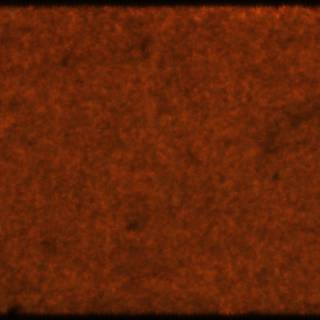

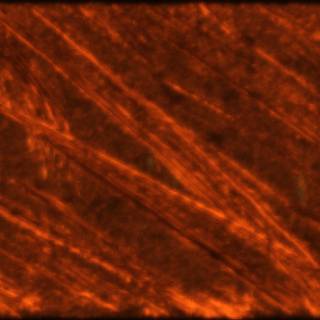



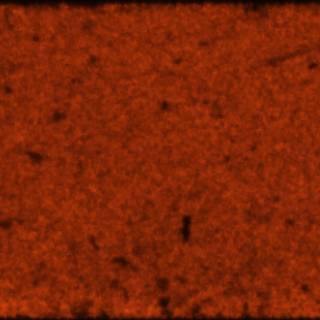

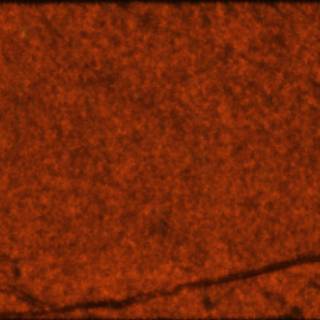

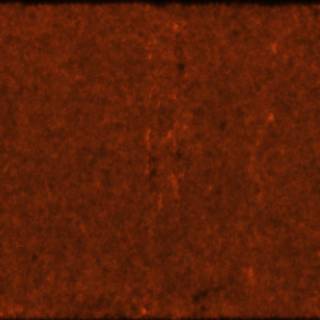







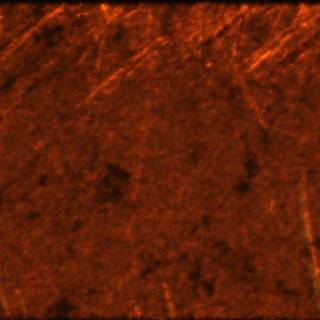



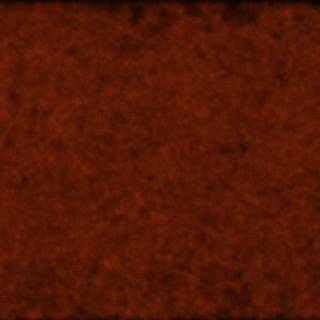

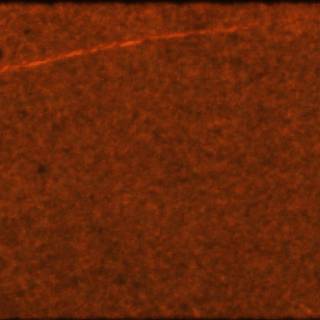



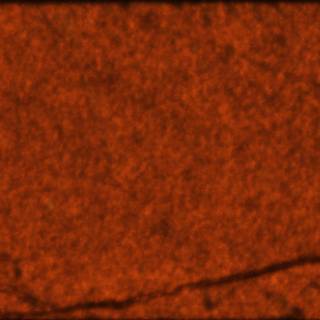

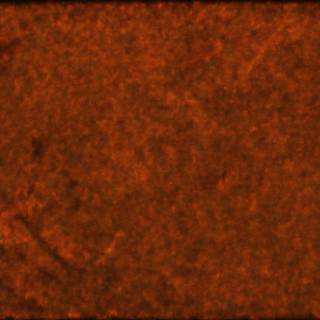



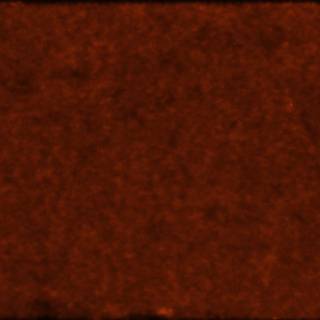







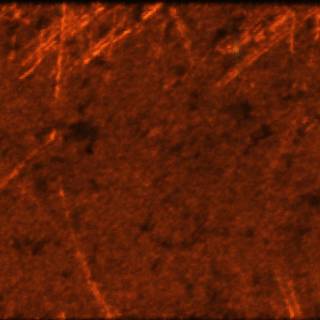

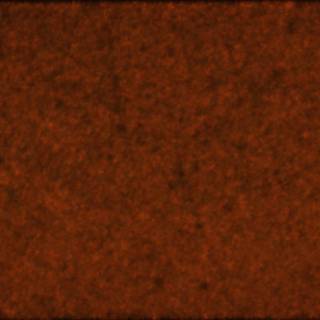



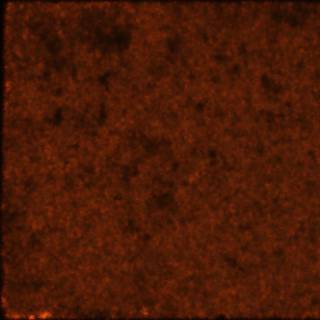

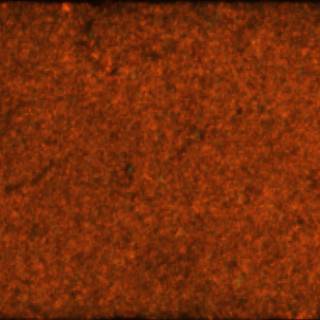







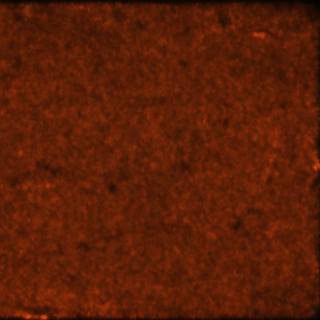
Class balance #
There are 2 annotation classes in the dataset. Find the general statistics and balances for every class in the table below. Click any row to preview images that have labels of the selected class. Sort by column to find the most rare or prevalent classes.
Class ㅤ | Images ㅤ | Objects ㅤ | Count on image average | Area on image average |
|---|---|---|---|---|
stain area➔ mask | 972 | 4953 | 5.1 | 1.72% |
scratch area➔ mask | 700 | 2165 | 3.09 | 1.86% |
Co-occurrence matrix #
Co-occurrence matrix is an extremely valuable tool that shows you the images for every pair of classes: how many images have objects of both classes at the same time. If you click any cell, you will see those images. We added the tooltip with an explanation for every cell for your convenience, just hover the mouse over a cell to preview the description.
Images #
Explore every single image in the dataset with respect to the number of annotations of each class it has. Click a row to preview selected image. Sort by any column to find anomalies and edge cases. Use horizontal scroll if the table has many columns for a large number of classes in the dataset.
Object distribution #
Interactive heatmap chart for every class with object distribution shows how many images are in the dataset with a certain number of objects of a specific class. Users can click cell and see the list of all corresponding images.
Class sizes #
The table below gives various size properties of objects for every class. Click a row to see the image with annotations of the selected class. Sort columns to find classes with the smallest or largest objects or understand the size differences between classes.
Class | Object count | Avg area | Max area | Min area | Min height | Min height | Max height | Max height | Avg height | Avg height | Min width | Min width | Max width | Max width |
|---|---|---|---|---|---|---|---|---|---|---|---|---|---|---|
stain area mask | 4953 | 0.34% | 11.9% | 0% | 1px | 0.31% | 170px | 53.12% | 21px | 6.67% | 1px | 0.31% | 320px | 100% |
scratch area mask | 2165 | 0.6% | 10.6% | 0% | 1px | 0.31% | 316px | 98.75% | 68px | 21.12% | 1px | 0.31% | 320px | 100% |
Spatial Heatmap #
The heatmaps below give the spatial distributions of all objects for every class. These visualizations provide insights into the most probable and rare object locations on the image. It helps analyze objects' placements in a dataset.
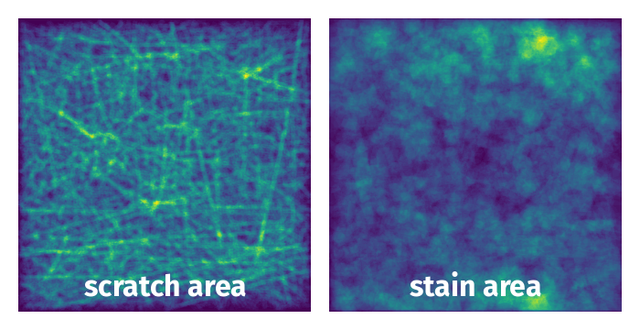
Objects #
Table contains all 7118 objects. Click a row to preview an image with annotations, and use search or pagination to navigate. Sort columns to find outliers in the dataset.
Object ID ㅤ | Class ㅤ | Image name click row to open | Image size height x width | Height ㅤ | Height ㅤ | Width ㅤ | Width ㅤ | Area ㅤ |
|---|---|---|---|---|---|---|---|---|
1➔ | stain area mask | 0697.png | 320 x 320 | 10px | 3.12% | 17px | 5.31% | 0.11% |
2➔ | stain area mask | 0697.png | 320 x 320 | 10px | 3.12% | 14px | 4.38% | 0.09% |
3➔ | stain area mask | 0697.png | 320 x 320 | 14px | 4.38% | 17px | 5.31% | 0.15% |
4➔ | stain area mask | 0503.png | 320 x 320 | 17px | 5.31% | 21px | 6.56% | 0.2% |
5➔ | stain area mask | 0503.png | 320 x 320 | 10px | 3.12% | 16px | 5% | 0.08% |
6➔ | stain area mask | 0503.png | 320 x 320 | 20px | 6.25% | 24px | 7.5% | 0.27% |
7➔ | stain area mask | 0503.png | 320 x 320 | 13px | 4.06% | 9px | 2.81% | 0.06% |
8➔ | stain area mask | 0503.png | 320 x 320 | 32px | 10% | 56px | 17.5% | 1.05% |
9➔ | scratch area mask | 0503.png | 320 x 320 | 11px | 3.44% | 65px | 20.31% | 0.26% |
10➔ | stain area mask | 0782.png | 320 x 320 | 41px | 12.81% | 18px | 5.62% | 0.51% |
License #
Heat Sink Surface Defect Dataset is under CC BY-NC-SA 4.0 license.
Citation #
If you make use of the Heat Sink Surface Defect Dataset data, please cite the following reference:
@ARTICLE{9814089,
author={Yang, Kaifeng and Liu, Yuliang and Zhang, Shiwen and Cao, Jiajian},
journal={IEEE Transactions on Instrumentation and Measurement},
title={Surface Defect Detection of Heat Sink Based on Lightweight Fully Convolutional Network},
year={2022},
volume={71},
number={},
pages={1-12},
doi={10.1109/TIM.2022.3188033}}
If you are happy with Dataset Ninja and use provided visualizations and tools in your work, please cite us:
@misc{ visualization-tools-for-heat-sink-surface-defect-dataset-dataset,
title = { Visualization Tools for Heat Sink Surface Defect Dataset },
type = { Computer Vision Tools },
author = { Dataset Ninja },
howpublished = { \url{ https://datasetninja.com/heat-sink-surface-defect-dataset } },
url = { https://datasetninja.com/heat-sink-surface-defect-dataset },
journal = { Dataset Ninja },
publisher = { Dataset Ninja },
year = { 2026 },
month = { feb },
note = { visited on 2026-02-15 },
}Download #
Dataset Heat Sink Surface Defect can be downloaded in Supervisely format:
As an alternative, it can be downloaded with dataset-tools package:
pip install --upgrade dataset-tools
… using following python code:
import dataset_tools as dtools
dtools.download(dataset='Heat Sink Surface Defect', dst_dir='~/dataset-ninja/')
Make sure not to overlook the python code example available on the Supervisely Developer Portal. It will give you a clear idea of how to effortlessly work with the downloaded dataset.
The data in original format can be downloaded here.
Disclaimer #
Our gal from the legal dep told us we need to post this:
Dataset Ninja provides visualizations and statistics for some datasets that can be found online and can be downloaded by general audience. Dataset Ninja is not a dataset hosting platform and can only be used for informational purposes. The platform does not claim any rights for the original content, including images, videos, annotations and descriptions. Joint publishing is prohibited.
You take full responsibility when you use datasets presented at Dataset Ninja, as well as other information, including visualizations and statistics we provide. You are in charge of compliance with any dataset license and all other permissions. You are required to navigate datasets homepage and make sure that you can use it. In case of any questions, get in touch with us at hello@datasetninja.com.


